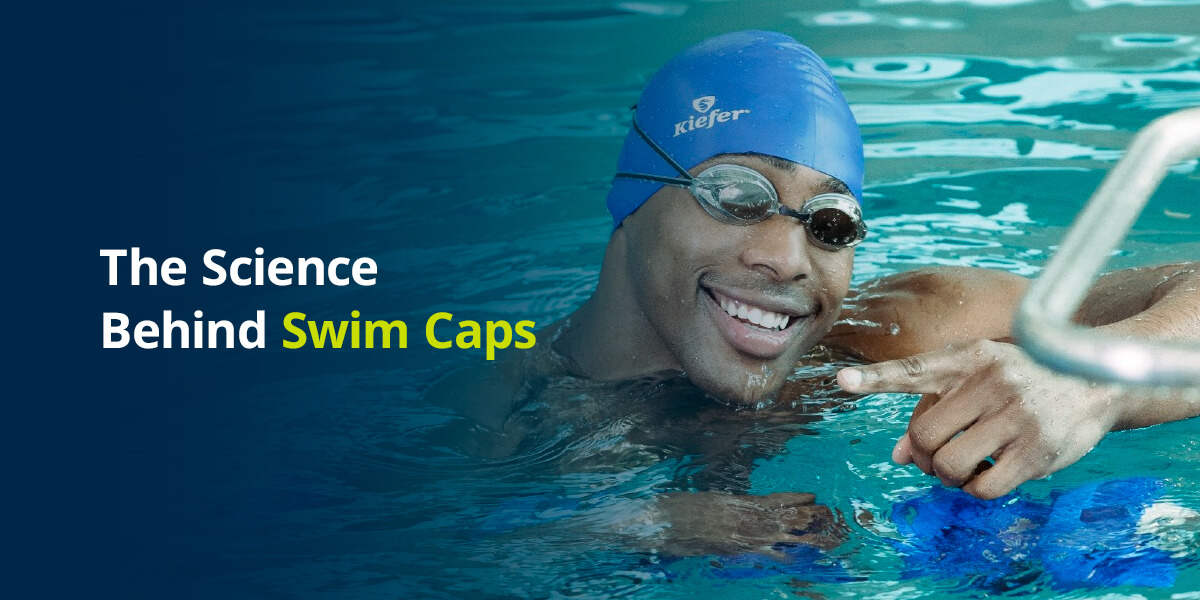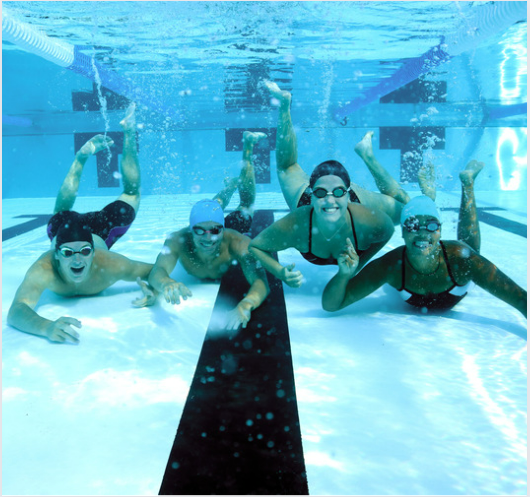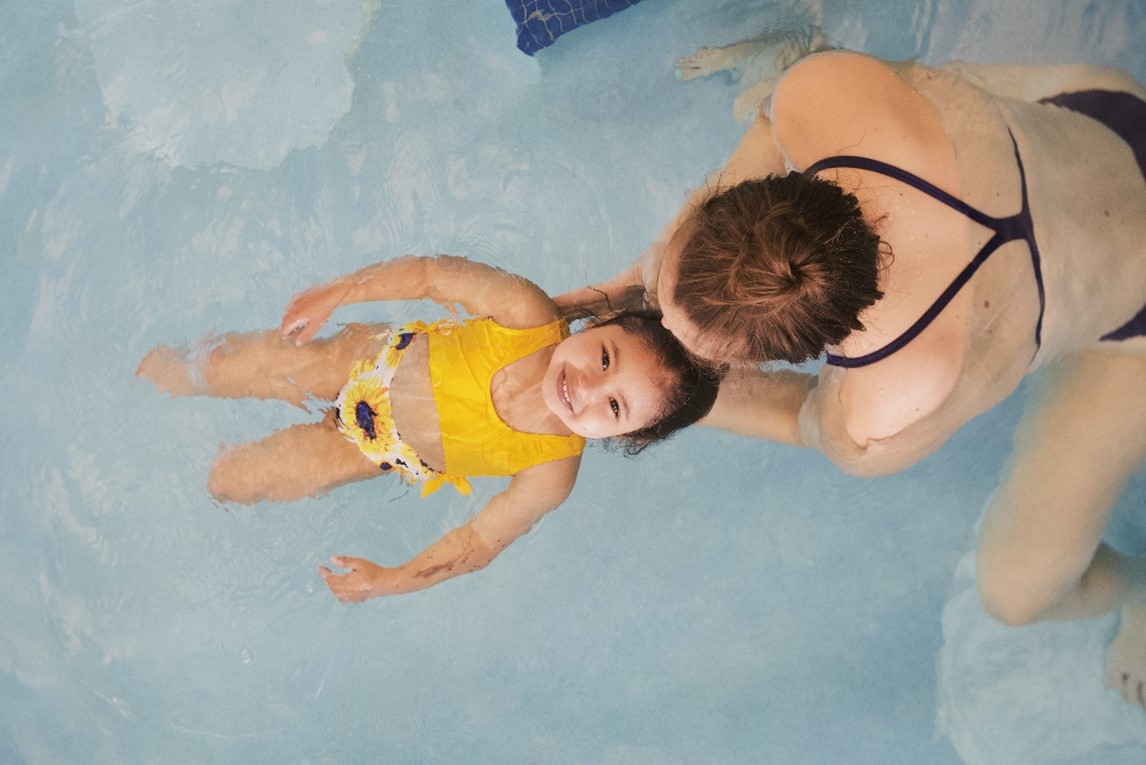How to Choose the Best Open Water Swimming Gear

Open Water, Swim Gear
|
May 19, 2022
How to Choose the Best Open Water Swimming Gear
Open water swimming can be a very productive and freeing experience. The pull of open water is a fantastic way to experience more resistance and an effective workout. You'll be able to connect with nature, work in ample free space, and challenge yourself mentally and physically. If it's your first time in open water, you should go with a friend and swim in a body of water you're familiar with. Always check out the tides and the expected weather before swimming, and be aware of how long you want to be out there. Open water swimming is an excellent place to set new goals and see personal growth, as long as you're safe and using the proper equipment.What Is Your Open Water Experience?
If you're just starting with open water swimming, you'll need to first think about your safety and comfort. You should feel confident about diving in and remain calm and comfortable in the water. Investing in open water swimming safety equipment is a must. You want to ensure you're visible to other swimmers and boaters and that you can safely stay warm and afloat. Whether you're a beginner or an expert, every swimmer needs to be fully prepared to enter the water. A wetsuit is excellent cold water swimming gear that will help keep you afloat and trap water near your body to stay warm. The foam in a wet suit lets water seep in and traps it there. Your body will naturally warm this water, and you will stay warm as a result. Many seasoned swimmers decide not to wear wetsuits, but beginners can benefit from the additional support. Wearing a bright-colored swim cap will help alert anyone near you of your location. Your cap will help keep boaters and other swimmers out of your path and help lifeguards or other people find you in an emergency. Another piece of safety equipment you need is a pull buoy. These devices will add another layer of visual protection for those around you, and they will provide a safe way to rest in the water. If you find that your legs or arms are getting tired, you can use the buoy to float for a while. You can also carry personal items inside them and protect them from the elements.What Are Your Goals for Open Water Swimming?
Determining the equipment you need will depend on your ultimate goals. You don't want to carry any additional weight you don't need. If you're looking to become a pro at swimming in open water, your equipment will be items to keep you safe and warm. Aside from your wetsuit and swim cap, you may also want to invest in a pair of gloves, booties, or a hood to keep you as warm as possible. Swimmers who want freedom of movement and focus on staying afloat for the entire duration could wear sleeveless quality training swimwear one-piece suits or two-piece sets. Athletes preparing for an event such as a triathlon or other race should look for a wetsuit that is easy to take off and put on. Because you'll be strapped for time in the event, you'll want to find a suit you can easily manage. You could also decide to wear a tech suit that will help you propel through the water faster.Open Water Swim Gear
Whether you're looking to swim in the ocean or across a small bay, your equipment can make or break your experience. While trying new things is great, you should avoid attempting anything complicated or risky your first few times in the water. If you're planning to perform regular open water swims, you'll have plenty of opportunities to attempt new strokes and techniques, so don't rush into anything too quickly. Open water swim gear you'll need includes:- Swimwear: Of course, the first thing you need to plan is your swimwear. Whether you intend to wear a wet suit, tech suit, or training suit, you need to find pieces to help your performance. You might love the look of your fashion pieces, but finding quality fitness gear is essential for a productive open water session.
- Swim cap: Your cap will let others know your location and also protect your hair and head from the water, dirt, salt, and anything else that might be floating in the water.
- Goggles: Goggles are an essential tool for swimmers. Aside from keeping dirt, water, and salt from irritating your eyes, they also help you see clearly. Anti-fog goggles will give you a clear line of vision, and you can continue to swim rather than treading water to clear them out.
- Floating fins: Beginner swimmers in open water can benefit from using floating swim fins. Many floating fins work in fresh and saltwater, so you can take them with you whether you're going to a backyard pond or the expansive ocean. They help you stay on top of the water and work to develop your technique and muscle further.
- Neoprene swim boots: To wear under your fins, these swim boots are soft and comfortable and have a reinforced ankle. They help prevent blisters and skin irritation and act as a cozy layer between your feet and fins.
- Hand paddles: Similar to the floating fins, hand paddles increase your stroke performance. You can work your upper body when using hand paddles, and they're great for refining your technique. Hand paddles allow you to feel the resistance of the water better, so you know if you have your hand positioned correctly.
- Quality sunscreen: Because you'll be outside when you swim, you'll want to ensure you use quality sunscreen. You can still get sunburns, even when submerged in water. Applying sunscreen to your face and body will help protect you from harmful UV rays from the sun. Even if the sun hides behind the clouds, lather up before stepping outside.
- A friend: Although not a piece of equipment or gear, swimming with a friend, family member, or teammate is a great idea. You can be safer when you have someone swimming beside you, and you can hold each other accountable for your routines and workouts. Whether you're about to go out for the first time or a routine daily swim, you should always swim with a buddy in open water.







Leave a Comment
Your email address will not be published. Required fields are marked *